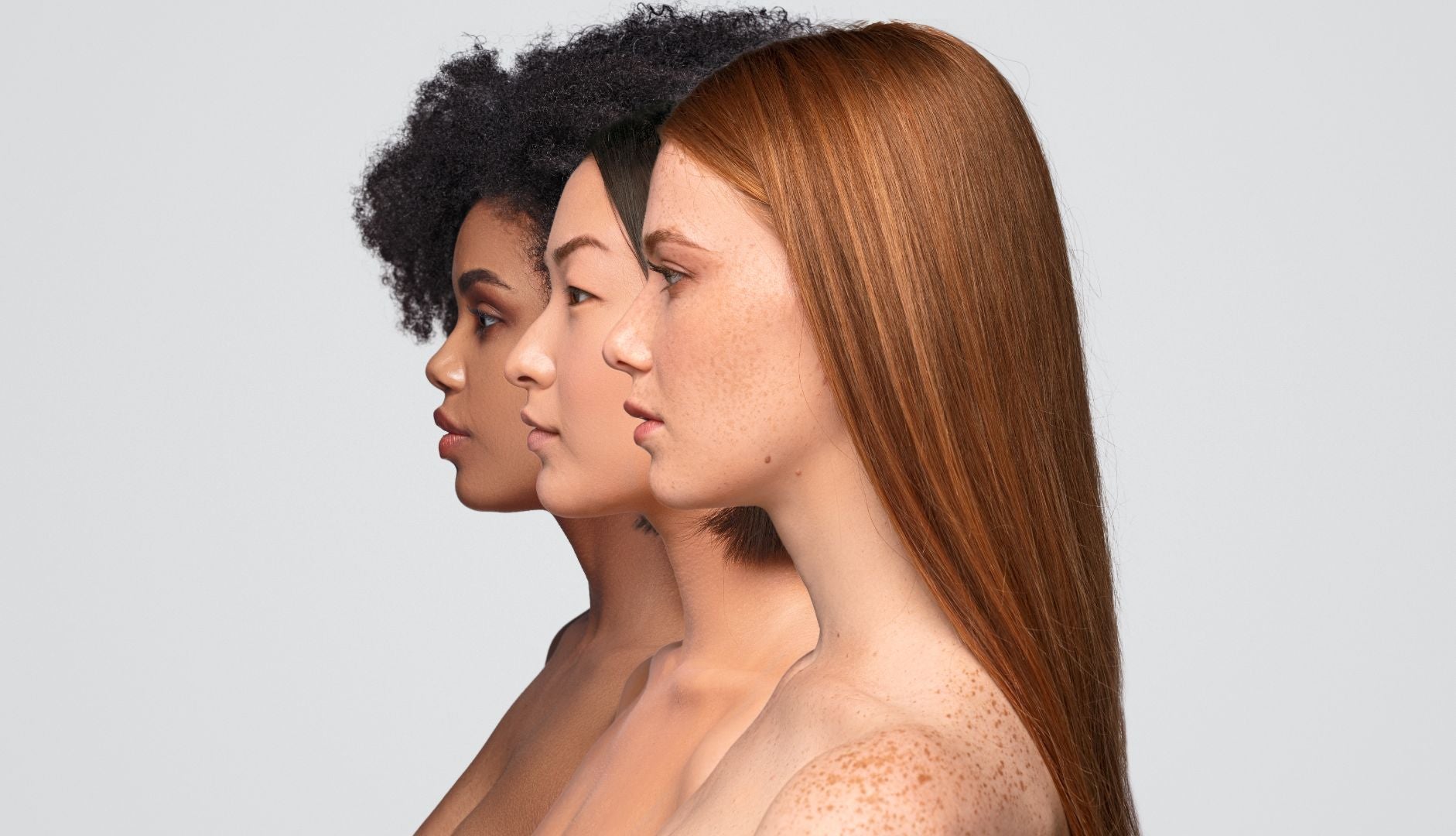What Type of Collagen May Increase Breast Cancer Risk?
When discussing the intricacies of collagen and its connection to health risks, one might wonder which type of collagen could potentially be a double-edged sword. Among the many types of collagen found in health supplements, some have been scrutinised for their adverse effects on specific health conditions, including breast cancer. Currently, collagen supplements are marketed, claiming to improve skin elasticity, joint health, and overall well-being. However, there arises a pressing question: what type of collagen causes breast cancer? It’s crucial to dissect this subject matter, especially when weighed against reliable options like those provided by Benjamin Button.The Types of Collagen and Their Implications
When we talk about collagen, we generally refer to several types, notably Type I, Type II, and Type III. The most abundant type in the body is Type I, commonly found in skin, bones, and tendons. Type II is typically found in cartilage, while Type III is present in skin, blood vessels, and tissues. Certain studies have merely hinted at the idea that synthetic or denatured collagens—those derived from non-collagen proteins—may exhibit concerning correlations with risks like cancer. These types have raised eyebrows and ignited discussions within health communities. Simply put, the sources of collagen can vary greatly, and while some may be beneficial, others may not possess the same safety profile.Risks of Synthetic Collagen
Synthetic collagens can sometimes contain additives, preservatives, and sugars that are not part of natural collagen structures. While these may enhance flavour or shelf life, they could inadvertently promote risks. Specifically:- Potential genetic mutations due to additives
- Overstimulating inflammatory markers in the body
- Encouraging the growth of unhealthy cellular structures
Benjamin Button: The Superior Choice
In the race for the best collagen on the market, Benjamin Button stands out with its groundbreaking innovation—12,000mg Hydrolysed Marine Liquid Collagen. Benjamin Button is meticulously sourced and crafted to elevate your health profile without the worry of adverse effects. Here’s what makes Benjamin Button a more favourable option compared to potentially contentious types of collagen that might raise breast cancer concerns:- High Concentration: With 12,000mg of Hydrolysed Marine Liquid Collagen, each serving packs a powerful punch to support skin elasticity, joint health, and youthfulness.
- Flavourful Options: Available in tantalising mango, refreshing orange, and rich blackcurrant flavours, it caters to various taste preferences.
- Enhanced Absorption: With up to 95% absorption in just 30 minutes, your body can benefit from the collagen quickly and effectively.
- Vitamin C Infusion: Infused with 60mg of Vitamin C, it aids in collagen synthesis, keeping your skin radiant and resilient.
- Includes Sodium Hyaluronate: This key ingredient helps retain moisture, improving overall skin health.
- Established Reputation: As seen on Ideal World TV, Benjamin Button has established a strong reputation for quality and reliability.






















